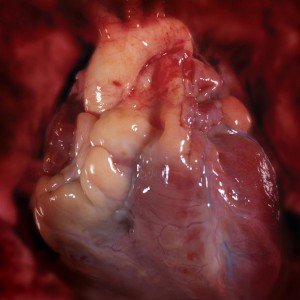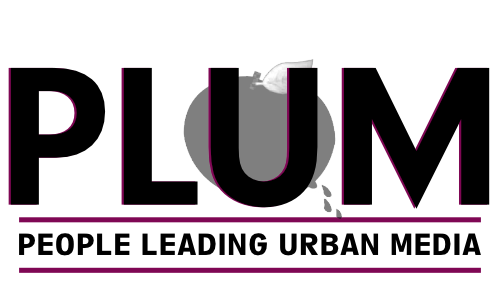ITS VERY IMPORTANT TO US @ THATPLUM TO GIVE OUR FOLLOWERS INFORMATION ON HOW TO HAVE A DAILY HEALTHY LIFESTYLE
HEART DISEASE
 Cardiovacular Disease
Cardiovacular Disease
Cardiovascular Disease is a general term for heart attack, stroke, and other disorders of the heart. Heart disease is the leading health problem in the western world. It is the number one cause of death in the United States, claiming more than 1 million lives annually, Traditionally heart disease was thought of only affecting men, but today it is responsible for the death of 250,000 woman a year.
Coronary Heart Disease is caused by the buildup of plaque in the arteries to your heart. Most heart attacks are caused by a blood clot that blocks one of the coronary arteries. The coronary arteries bring blood and oxygen to the heart. If the blood flow is blocked, the heart is starved of oxygen and heart cells dies. This plaque is made up of cholesterol and other cells. A heart attack can occur as a result of plaque buildup. This may also be called hardening of the arteries.
SIGNS/CAUSES: These are some signs to look for,
A heart attack may feel like someone is applying intense pressure to the chest. This pain may last last for several minutes, often extending to the shoulder, arm, neck, or jaw. Other signs include sweating, nausea, vomiting, shortness of breath, dizziness, fainting, feelings of anxiety, difficulty swallowing, sudden ringing of the ear, and loss of speech. Another important fact, many people mistake the signs of an heart attack for indigestion.
HYPERTENSION (High blood pressure) is an extremely common form of cardiovascular disease. Elevation of your blood pressure, anywhere from 120/80 to 200/100 is one of the main cause of heart problems.
RECOMMENDATIONS:
If you experience any symptoms of a heart attack, contact your doctor or go immediately to the ER, nearest to you. Half of all heart attack deaths occur within three to four hours of an onset of the attack, so a person suffering from a heart attack requires immediate medical attention.
